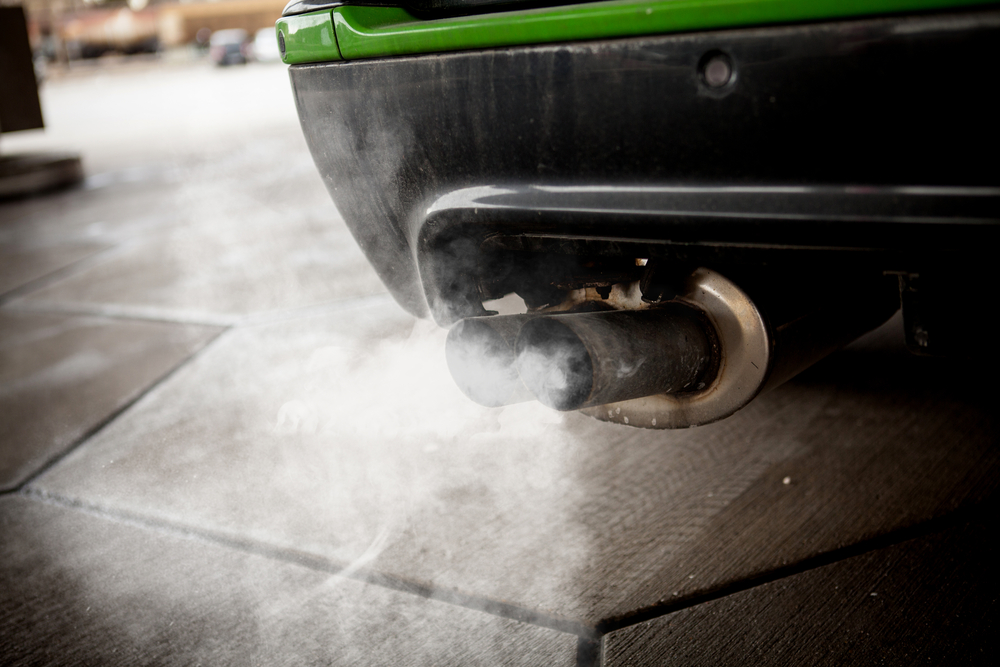With transport one of the biggest causes of global fossil fuel emissions, COP26 falls far short of the 1.5 degrees warming target. Nevertheless, politicians strut the stage and pronounce.
The UK Prime Minister Boris Johnson headed back to COP26. But he had nothing to say. On heralding a move forward to Net Zero, there was zero. So, sadly, COP26 is a disappointment. It amounts to too little, too late, with little substance.

Announcements on zero-emission vehicles unfortunately fall far short of restricting warming to 1.5 degrees. So, why? What’s the problem?
The problem is growth
Major economies appear intent on growth, regardless. Growth is the priority. But growth drives emissions and global warming. In the UK, it is “building back better”. But it isn’t better. Growth is the problem. Growth means more transport, and transport is one of the most significant contributors to carbon emissions. Unless it challenges growth, COP26 falls short.
As more of us buy online, deliveries to our doors increase. Amazon says its activities emitted the equivalent of 60.64 million metric tons of carbon dioxide in 2020. That is 19% more than in 2019. The company cites the pandemic-fueled boost to its business, increasing carbon emissions. But it is unlikely to ease. Amazon says it will go all-electric by 2025, but this involves the global transport of goods – shipping!
Shipping with fossil fuels
Container ships run on fossil fuels, emitting significant carbon pollution. Shipping by cargo vessels causes about 3% of global greenhouse gas emissions – even more than aeroplanes. Black carbon accounts for 21% of CO2-equivalent emissions from ships, making it the second main driver of shipping’s climate impacts after carbon dioxide. Without tackling global trade, COP26 falls short.
So, creating locally sustainable resources and local economies is what we need. Unless we move away from global trade, we will not stop plundering the planet.
Our desire for cheap food and other goods prevents us from creating sustainable farming. But, of course, that would mean a fundamental change in our lifestyles. Unless there is a commitment to that, then declarations from COP26 fall short. Looking for a technological fix is simply a way of carrying on as before.
Cargo shipping produces one billion tonnes of climate pollution each year. Decarbonising shipping will be a mammoth task, requiring huge investments of trillions of dollars. But, even if it was possible, it misses the critical point.
A significant problem is the need to ramp up renewable energy production. But, that also has environmental consequences. Energy alone is not the problem. It is what we do with it. Global trade kills rainforests, destroys habitats, and exploits the vulnerable poorest.
Major players not signatories
The COP26 deal is running on empty. Significant economies like the US, Germany, China, Japan and manufacturers including VW, Toyota and Hyundai are not signatories to the “declaration on zero emission cars and vans”. The scale of ambition is also disappointingly weak. Without cutting our energy demand then COP26 falls short of target.
Need switch to battery by 2030
According to the International Energy Agency (IEA), 60% of global new car sales must be battery-electric by 2030. This requires phasing out new internal combustion engine cars by 2035 to align with 1.5 degrees.
However, this scenario relies on quadrupling biofuel production, which Greenpeace say is impossible without habitat harm. Without increasing biofuels, the IEA argues a transition to electric vehicles would need to happen far more quickly.
So, we are chasing our tails and going round in circles. We are avoiding the obvious. It is our demand and supply that is causing the problems. Mass exploitation of the world’s resources is killing the planet. We need to start giving back to our planet, not taking more out. Moving to electric vehicles ramps up production, which in turn risks ramping up emissions. COP26 falls short in grasping that problem.
Post-COVID rush to growth
According to the IEA, Global energy demand will increase by 4.6% this year, more than offsetting the 4% contraction in 2020 and pushing demand 0.5% above 2019 levels. Almost 70% of the projected increase in global energy demand is in emerging markets and developing economies, where demand will rise to 3.4% above 2019 levels. Energy use in advanced economies is on course to be 3% below pre-Covid levels.
So, demand for fossil fuels will grow significantly in 2021 and in future years. Despite the COP26 declaration of intent by China and the USA, coal demand alone will increase by 60% more than all renewables combined, underpinning a rise in emissions of almost 5%, or 1 500 Mt. This expected increase would reverse 80% of the drop in 2020, with emissions ending up just 1.2% (or 400 Mt) below 2019 emissions levels.
Demand for renewables grew by 3% in 2020 and will increase across all key sectors – power, heating, industry and transport – this year. The significant point is growth.
This year, global energy-related CO2 emissions will grow by 4.8% as demand for coal, oil and gas rebounds with the economy. So, we are fuelling disaster.
Too little, too late
The deal on the table for transport at COP26 pledges a timeline of 100% electric vehicles globally by 2040 but “in leading markets” only by 2035.
Martin Kaiser, Executive Director of Greenpeace Germany, said:
“Transport is one of the biggest causes of global fossil fuel emissions. To keep the goal of 1.5 alive, the final text agreed at Glasgow must commit to phasing out new oil, but we won’t get there if our economies stay stuck in the past, reliant on pumping cars and trucks full of fossil fuels.”
To stop new fossil fuels, we need to cut off our dependency. We need to change our economies.

Ray Noble is a chartered biologist and Fellow of the Royal Society of Biology. He writes extensively on biological theory and philosophy. He was Deputy Dean of Life Sciences at UCL, London, and Graduate Tutor in Women’s Health.
